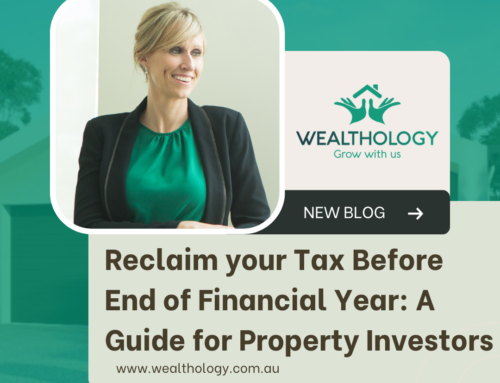They say there are only two things guaranteed in life – death and taxes. However, I’d add a third to that list; “the government profiting whenever the everyday Joe does “.
Whilst property investors like myself, may shiver at the thought of a property crash, spare a thought for our bureaucratic friends. There are many large and influential institutions that benefit from a housing boom, including local, state, and federal levels of government.
Negative Gearing – A Financial Loss for the Government. Or is it?
Since its introduction in 1985, negative gearing has been debated far and wide across the country.
On the surface, negative gearing looks like a significant cost for the federal government.
After analysing data from the Australian Tax Office, in the 2019/2020 financial year, property investors across Australia claimed almost $750 million in negative gearing losses.
What is a Negative Gearing Loss?
Without opening a can of worms, negative gearing occurs when the costs of owning an investment property outweigh the income it produces. Each year the “loss” incurred creates a taxable loss which can be offset again other income you may earn, including wages or salaries.
This can provide you with substantial tax savings.
How Much Does the Government Have to Gain from a Property Boom?
As touched on above, the government forked out close to $750 million to property investors across Australia in 2019/2020, but this dwarfs in comparison to the $20 billion the federal government generates as a result of the success of Australian property investors.
Where Does the $20 Billion Come From?
Any Australian who has owned an investment property in Australia and made a profit will be familiar with the term “Capital Gains Tax”, also known as CGT.
In Australia, the government will charge a capital gains tax whenever you profit from real estate, the stock market, or the sale of a business.
Admittedly, the $20 billion in government revenue from capital gains tax come from profits relating to all those mentioned above.
However, with property being such a popular asset class, it tends to be a significant income for the federal government.
Why a Property Boom is the Perfect Money Spinner?
The thing about capital gains tax is that the government can only claim capital gains tax from property investors, provided the value of their property goes up.
Capital gains tax is not payable if you sell your investment property for a loss.
Do you see the government’s vested interest in a performing property market?
It’s Not Just the Federal Government Cashing In.
It’s not just the Federal Government that has a vested interest in the property market; the state governments are also not immune to taking their cut of investor profits.
You may find it surprising that property-related taxes equate to the largest source of revenue for most states.
In Victoria, property taxes equate to almost 50%, Sydney 41.6% and Brisbane 34.6%
The two taxes at a state level are stamp duty, transfer duty and land tax.
Transfer and stamp duty is paid when a property changes hands, the more robust the market, the more demand and changeover of property.
Furthermore, land tax is paid annually on the estimated land value of the property.
The more the land of your investment property is worth. You guessed it, the more you pay in land tax!
Property Won’t Fail; it’s too Vital for the Government’s Revenue.
Whilst the government tries to make it seem like they care about housing affordability the reality is that it’s too important to all levels of government due to the revenue it generates.
Keep this in mind the next time you hear about a looming “property crash”.
Let’s chat directly to ensure the government is not the only one profiting from the next boom – leonie@wealthology.com.au.





